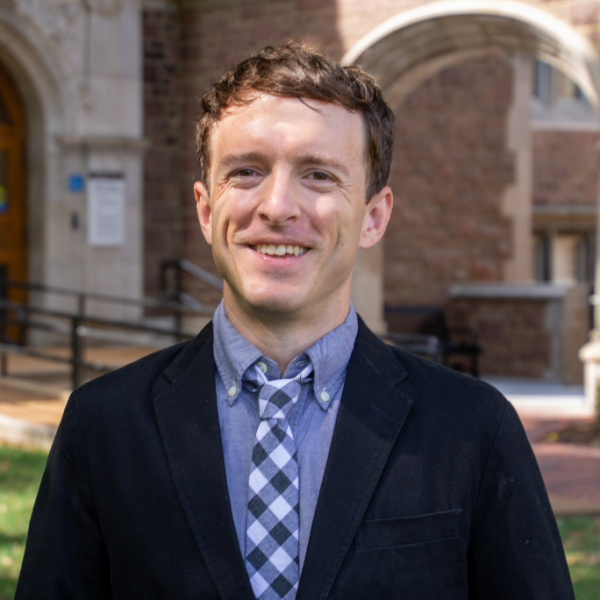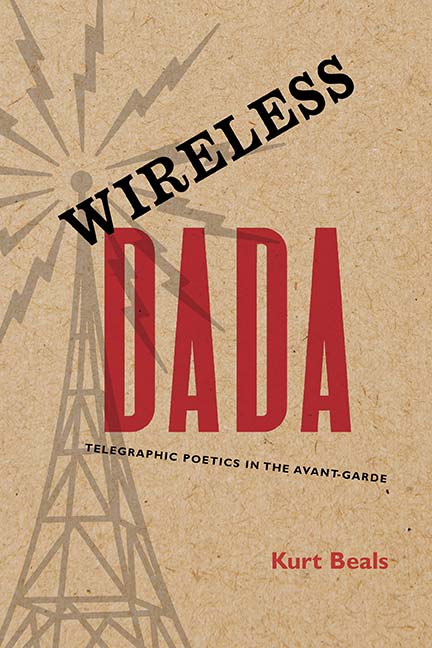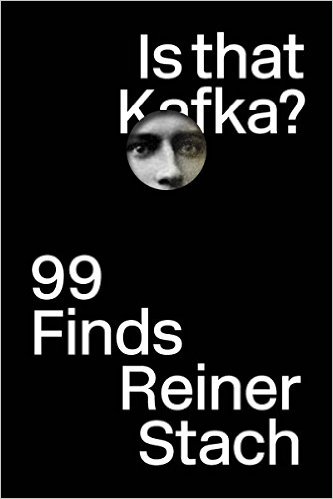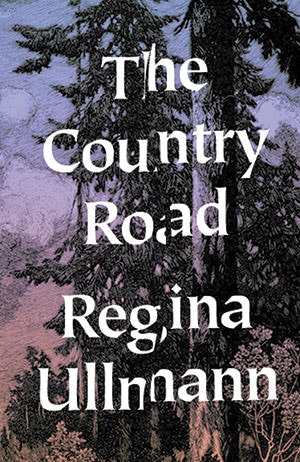Kurt Beals' research focuses on experimental movements in 20th-century and contemporary German literature, including Dada, Concrete poetry, and digital poetry.
Beals focuses on the ways that these movements incorporate, respond to, and reflect on contemporaneous developments in media technologies and information theory. His book Wireless Dada: Telegraphic Poetics in the Avant-Garde was published in 2019 by Northwestern University Press. He has published articles on authors including George Grosz, Paul Celan, Regina Ullmann, and Max Bense, in journals including New German Critique, The German Quarterly, and Dada/Surrealism. He is also co-editor of the volume Hans Richters Rhythmus 21: Schlüsselfilm der Moderne. In addition, Beals has translated a wide range of works from German into English, including a volume of poetry by the contemporary German poet Anja Utler, a collection of stories by the Swiss author Regina Ullmann, the volume Is that Kafka? 99 Finds by Reiner Stach, and a forthcoming volume of speeches and essays by Jenny Erpenbeck.
Beals earned his bachelor's degree in philosophy from Oberlin College, with a minor in German. He earned his master's degree and doctorate in German from the University of California, Berkeley. His dissertation research was supported by grants from the DAAD (Deutscher Akademischer Austauschdienst) and the ACLS (American Council of Learned Societies). Beals teaches general courses on German language and culture, as well as courses focused more specifically on experimental literature, media theory, and contemporary poetry.





